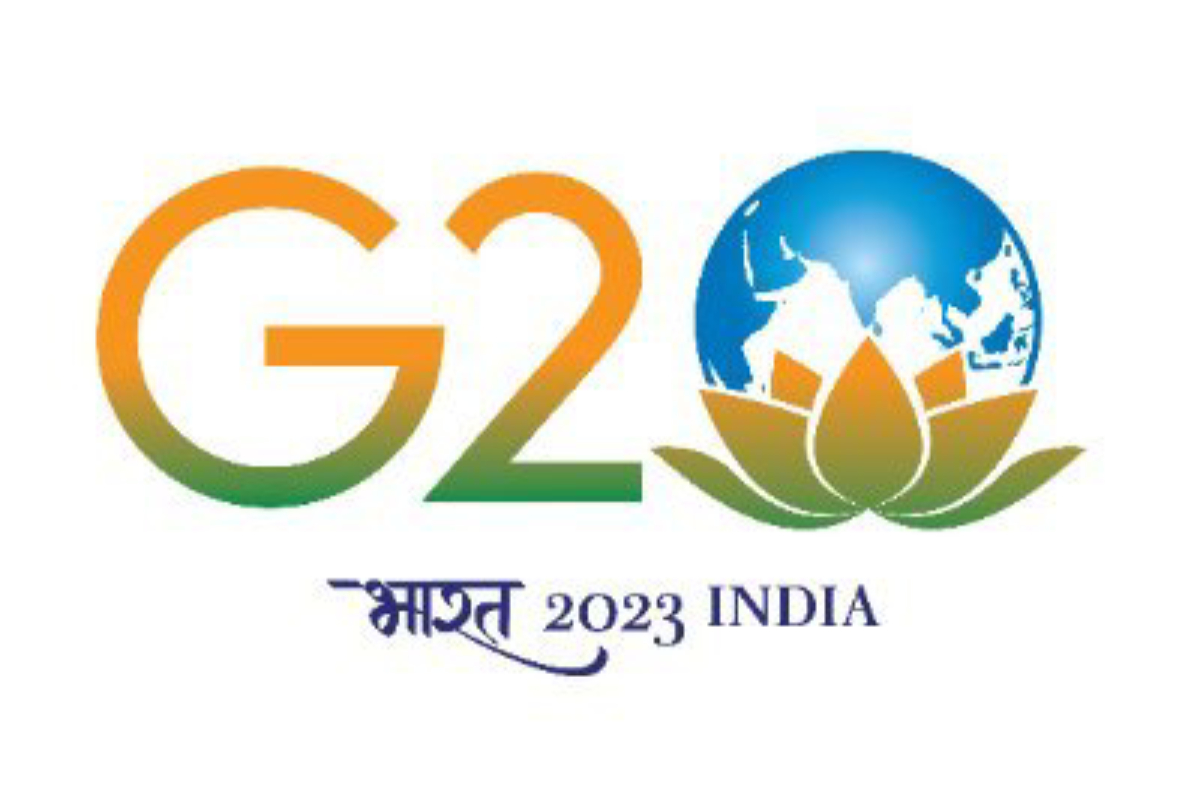Rains hit Mumbai airport operations with runway closures, diversions
Following adverse weather conditions, the CSMIA runway was closed from 8.32 a.m. to 8.43 a.m. (11 minutes) and again from 10.36 a.m. to 10.55 a.m. (19 minutes).
Over 100 delegates from G20 member countries, invitee countries, regional groupings and international organisations will engage in deliberations to accelerate global trade and investments

G20 [Photo: Twitter/@g20org]
The first Trade and Investment Working Group (TIWG) meeting under India’s G20 Presidency will be held in Mumbai from 28-30 March.
During the three-day meeting, over 100 delegates from G20 member countries, invitee countries, regional groupings and international organisations will engage in deliberations to accelerate global trade and investments
On the first day tomorrow, an International Conference on ‘Trade Finance’ will be held. This conference is being organised by the Export Credit Guarantee Corporation of India (ECGC) and India’s EXIM Bank.
Advertisement
Trade finance supports economic growth and it is integral for maintaining international trade flows, for mitigating risks emerging from tight liquidity. Around 80 per cent of all international trade uses some type of trade finance instrument, such as a letter of credit, supply chain financing, invoice discounting and receivables financing.
Global trade finance involves a number of parties, including banks, trade finance companies, export credit agencies, insurers, importers and exporters. Trade finance is the lifeline of cross-border trade. It is estimated that in 2020, $9 trillion of trade finance transactions were supported by major global banks.
Yet, the trade finance gap is widening. As estimated by the Asian Development Bank (ADB), the gap which was $1.5 trillion in 2018 has now increased to $ 2 trillion. It is thus imperative to deliberate on action-oriented solutions that can reduce the finance gap and make it accessible by harnessing the potential of digital tools and technology.
Micro, Small and Medium Enterprises (MSMEs) which sustain livelihoods and contribute to global economic growth in both developing and developed countries, are disproportionately affected by the yawning trade finance gap.
Against this backdrop, the conference will hold two sessions. The first session will highlight the role of banks, financial institutions, development finance institutions and export credit agencies in closing the trade finance gap, and the second will delve into how digitalisation and fintech solutions can improve access to trade finance.
The role of banks, financial institutions, development finance institutions and export credit agencies in closing the trade finance gap
The first session will take a macro view of the current trends in international trade and trade finance, and their future prospects. Some key pointers of the discussion are current trends in international trade and trade finance amidst the pandemic and growing import bills in developing countries; cause of trade finance gaps, including reduced credit line support in the private sector and inflation cuts into bank lending limits and the role of export credit agencies in bolstering trade finance.
The second session will be on accelerating digitalisation and fintech solutions to improve access to trade finance.
Advertisement